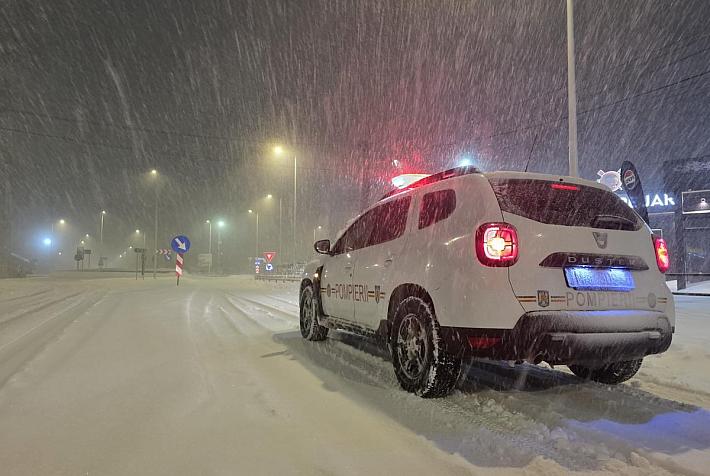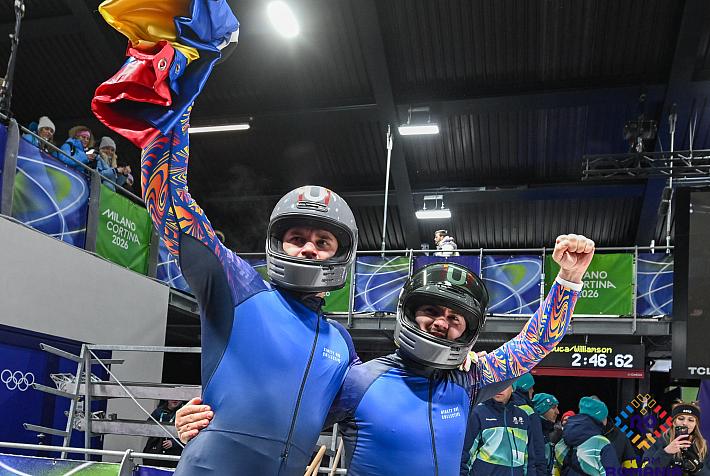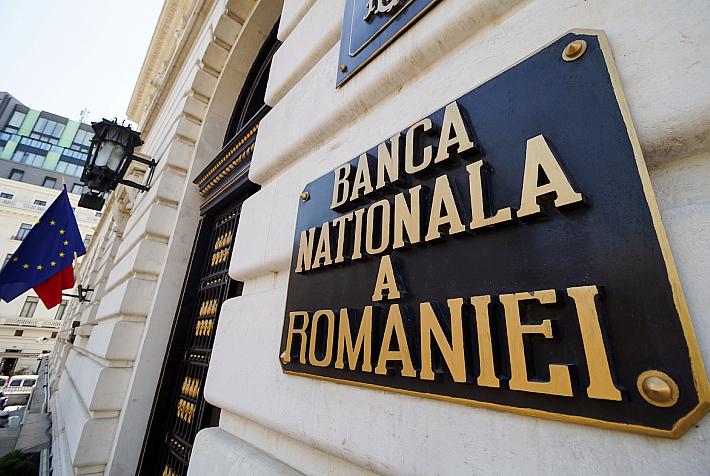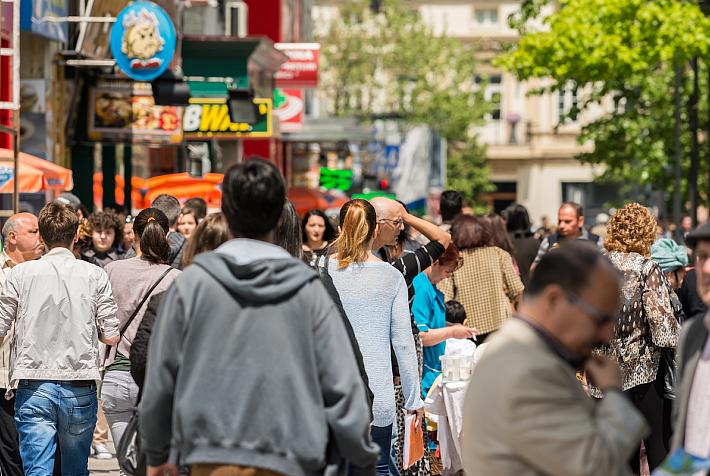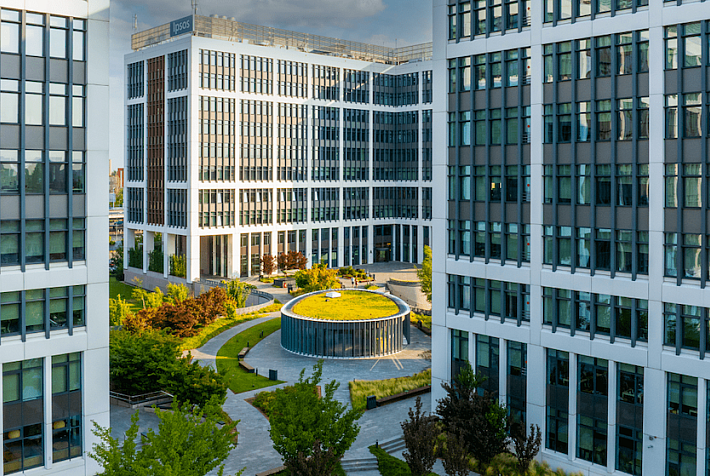European Court of Human Rights again rules against Romania in 1989 Revolution investigation

The European Court of Human Rights (ECHR) has ruled against Romania in two other cases related to the 1989 Revolution and the miners’ riot in 1990, as the country failed to find the culprits for the crimes in these cases.
Seven Romanians, namely Carmen Doroteia Alexandrescu, Ion Baroiu, Iosif Balas-Salcoci, Stefan Boran, Vladimir Ciobanu, Marin Dinca, Cristian Paturca, and Laura Veronica Stoica, complained to the ECHR about the long criminal proceedings related to the military authorities’ violent crackdowns on demonstrations in Bucharest.
Between December 21 and December 23, 1989, they took part in the anti-communist demonstrations in Bucharest which led to the fall of the communist regime. The following year, in 1990, the military prosecutor’s office opened a criminal investigation in relation to the violent crackdown on these demonstrations.
All seven Romanians were interviewed at the military prosecutor’s office as witnesses in connection with the military’s use of violence against civilians. They lodged criminal complaints and joined the criminal proceedings as civil parties. The criminal investigation is apparently still pending before the domestic authorities, according to ECHR.
Relying on an article related to the right to a fair trial within a reasonable time, the seven Romanians complained that the length of the criminal proceedings concerning the events of December 1989, which they had joined as civil parties, had been unreasonable. ECHR has ruled against Romania and asked the state to pay EUR 2,400 (non-pecuniary damage) to each applicant. The Court had issued several such decisions before, asking Romania to finish this case.
The military prosecutors that have been investigating the 1989 Romanian Revolution events decided to close the case on October 14, 2015. The prosecutors have investigated the circumstances in which 709 people died and almost 2,200 were injured (1,855 of which shot) around December 22, 1989, during the events that led to the fall of Nicolae Ceausescu’s dictatorial regime in Romania.
The other case in which the ECHR found against Romania related to the miners’ riot in the summer of 1990. Between June 13 and June 15 that year, another violent crackdown took place against demonstrators, including the seven Romanians involved in the Revolution case. The people in Bucharest were protesting against the newly installed government.
Military forces and thousands of miners who had been transported to Bucharest intervened in the demonstration, an action which resulted in more than a thousand civilian casualties, of whom a hundred were killed.
Criminal investigations were opened the same year, and the seven Romanians were joined to the criminal proceedings as civil parties. A decision not to bring a prosecution was adopted on 17 June 2009 and an appeal was dismissed on 3 September 2009 by the head prosecutor. These decisions have since been upheld by the High Court of Cassation and Justice, according to ECHR.
The Romanian prosecutors reopened the miners' riot case in October this year and decided to indict former President Ion Iliescu and other officials of his regime for crimes against humanity.
European Court of Human Rights finds against Romania in 1989 Revolution death investigation.
Irina Popescu, irina.popescu@romania-insider.com







